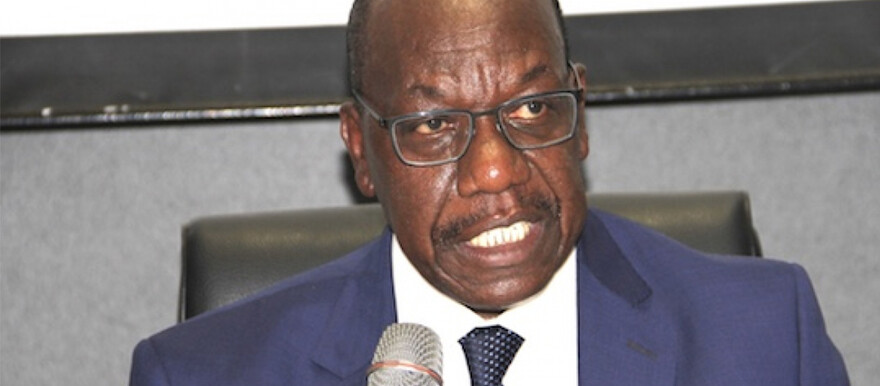The Reconstituted Joint Monitoring and Evaluation Commission (RJMEC) on Wednesday said it is concerned about the suspension of participation of the SPLM/A-IO in the meetings of the security mechanisms of the peace agreement, a press statement said.
The commission however said it is encouraged by the SPLM/A-IO’s reiteration of its continuous commitment to the full implementation of the peace agreement.
“The security mechanisms, which are composed of representatives from across the different parties to the agreement, are an integral component of implementing the Transitional Security Arrangements of the peace agreement,” the commission said. “RJMEC has stressed in many recent public statements, and in meetings and interventions at the highest political level in South Sudan and regionally, that right now is a critical time in the implementation of the peace agreement as we now have under 11 months of the Transitional Period left with much remaining to be done.”
It added: “We take note of reports from CTSAMVM, the ceasefire monitors, which indicate a range of localized incidents of violence in different parts of the country which are a serious cause of concern for the overall implementation of the peace deal.”
The commission said it is also concerned by recent reports of clashes taking place between the SPLA-IO forces and defectors to the SSPDF in Upper Nile and Unity states, including in some training centers.
“Each training center in South Sudan is a symbol of the unity which is being forged through creating a unified force, and any threat to this is unacceptable,” RJMEC warned.
According to the commission, CTSAMVM, which is composed of representatives from all the Parties to the Agreement, has been tasked to investigate these clashes and will report in due course.
RJMEC said the precarious state of affairs is exacerbated by the delayed implementation of the Transitional Security Arrangements as set out in the R-ARCSS, growing military defections from one signatory party to another, and poorly-resourced cantonment sites and training centers.
“Such divisive activity complicates the unification process, lowers morale, and breeds mistrust among troops who should be building togetherness,” RJMEC said. “A unified force depends on cohesiveness for its ability to function for the greater good of the South Sudanese people. This insecurity also increases the number of displaced people, and strains the already scarce humanitarian support.”
The commission urged the transitional government to expedite the completion of the Transitional Security Arrangements, condemn military defections, and accepting defections as being against the letter and spirit of the Agreement.
“Defectors must be held accountable for their actions following a transparent investigation. RJMEC further urges the RTGoNU to ensure the protection of civilians at all times,” the statement concluded. “RJMEC reminds all Parties that full engagement and inclusive dialogue within the framework of the R-ARCSS is the only way of resolving disagreements.”




